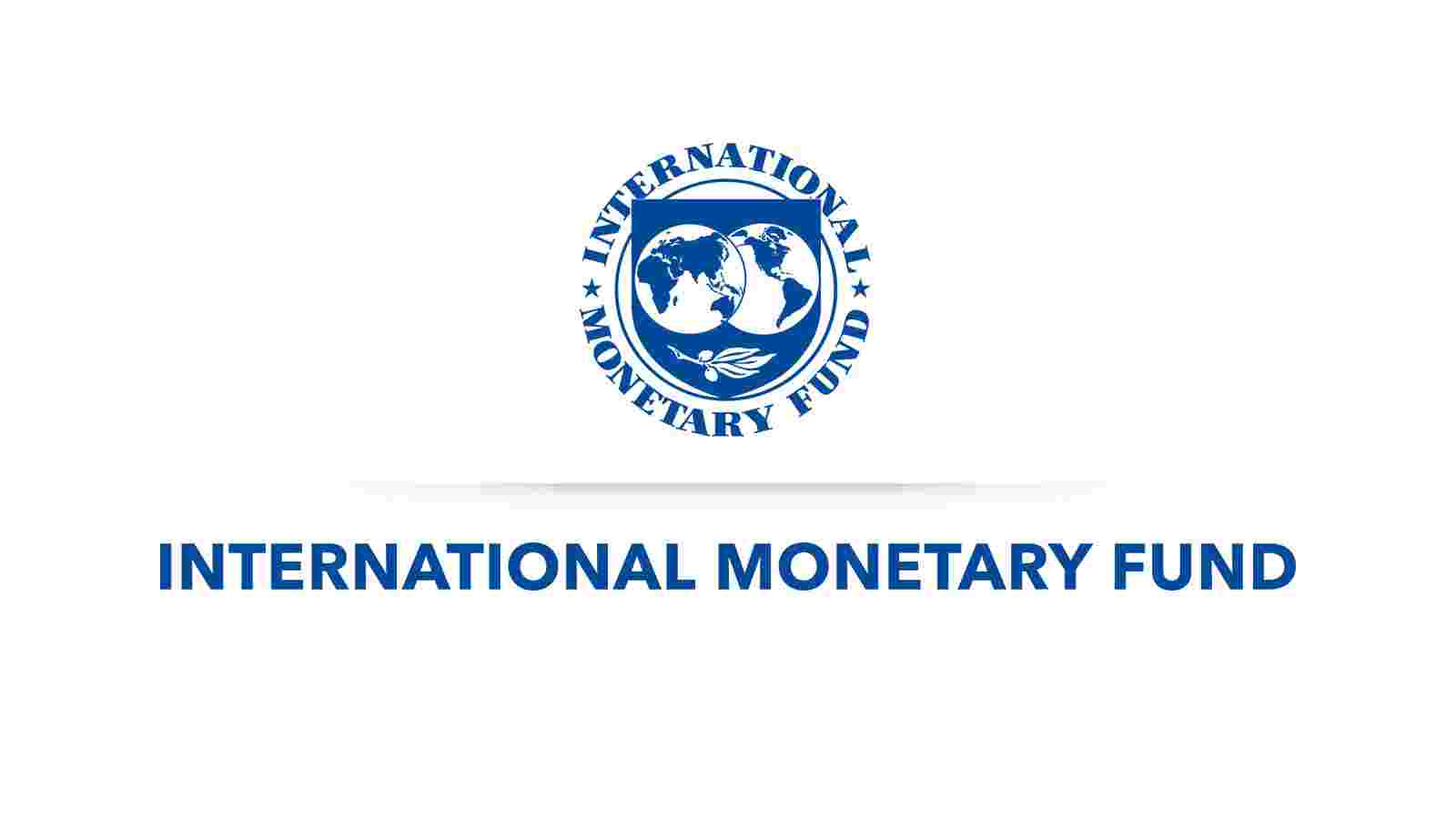
IMF Reaches Staff-Level Agreement on First Review for Georgia’s Stand-By Arrangement
End-of-Mission press releases include statements of IMF staff teams that convey preliminary findings after a visit to a country. The views expressed in this statement are those of the IMF staff and do not necessarily represent the views of the IMF’s Executive Board. Based on the preliminary findings of this mission, staff will prepare a report that, subject to management approval, will be presented to the IMF's Executive Board for discussion and decision.
- The Georgian authorities and an IMF team reached staff-level agreement on policies for completion of the first review under the Stand-By Arrangement (SBA).
- The Georgian economy has performed strongly in 2022 as adverse spillovers from the war in Ukraine thus far have generally been less impactful than expected earlier. Coming on the heels of a robust recovery from the pandemic, Georgia has seen buoyant tourism revenues, a surge in immigration and financial inflows triggered by the war, and a rise in transit trade.
- Amidst high uncertainty, prudent policies to bring down inflation, strengthen fiscal and foreign exchange buffers, and advance the structural reform agenda will reinforce macroeconomic stability and enhance resilience.
Washington, DC: An International Monetary Fund (IMF) team led by James John held meetings in Tbilisi during October 26 - November 7, 2022 to conduct discussions on the first review of Georgia’s economic reform program supported by an IMF Stand-By Arrangement (SBA). At the end of the visit, Mr. John issued the following statement:
"Following productive discussions, the Georgian authorities and the IMF team reached staff-level agreement on policies for completion of the first review of the SBA. The agreement is subject to approval by IMF management and consideration by the Executive Board, which is expected in December 2022. Completion of the review will make SDR30 million (about $38 million) available to Georgia. The authorities are treating the program as precautionary.
"The Georgian economy has performed strongly in 2022 as adverse spillovers from the war in Ukraine thus far have generally been less impactful than expected earlier. Buoyant tourism revenues, a surge in immigration and financial inflows triggered by the war, and a rise in transit trade through Georgia come on the heels of a robust recovery from the pandemic and have lifted growth and fiscal revenues, strengthened the current account balance and the lari, and supported accumulation of foreign currency reserves. Credit growth has slowed, but inflation remains elevated reflecting still high commodity prices and strong domestic demand. Quick and appropriate NBG action has helped limit the impact of the war on the financial sector, including by requiring banks to adhere to relevant sanctions.
"Growth is now projected at 10 percent in 2022, while annual inflation is forecast to close the year at 10½ percent. Growth and inflation are expected to slow in 2023, on the back of moderating external inflows, deteriorating global economic and financial conditions, smaller fiscal deficits, and a sufficiently tight monetary policy stance. Over the medium term, growth is projected to converge to its potential rate of about 5 percent, supported by infrastructure investments and structural reforms to increase productivity. Inflation is forecast to fall to the NBG’s target level of 3 percent in 2024.
"All quantitative performance criteria for the first review have been met including on inflation and fiscal and international reserve balances. The authorities have implemented structural reforms covering tax policy and administration, financial supervision, public investment management, and an assessment of climate-related financial risks. They have also just announced a renewable energy support scheme that guards against fiscal risks and are advancing on important reforms to enhance the governance of state-owned enterprises.
"Given high uncertainty including regarding global economic and financial developments, policies should remain firmly focused on maintaining macroeconomic stability and structural reform momentum.
"We welcome the authorities’ continued commitment to the inflation-targeting framework, the floating exchange rate, and prudent reserve management. The National Bank of Georgia has appropriately maintained exchange rate flexibility and rebuilt international reserves, taking advantage of favorable conditions this year with a surge of external inflows and continuing to buy foreign exchange via standard central bank intervention techniques. Maintaining a sufficiently tight monetary policy stance is essential to maintain inflation’s downward trend.
"Fiscal policy has been rightly focused on building buffers and managing risks. The authorities are saving part of the revenue windfall and will achieve a significantly lower deficit in 2022 than expected when the SBA was approved in June. They remain committed to further fiscal adjustment in 2023 to comply with the fiscal rule. Continued progress on revenue mobilization and public investment management will help support infrastructure and education priorities while improving spending quality and efficiency.
"Implementation of the authorities’ comprehensive structural reform agenda will strengthen growth and broaden its benefits. Addressing skills mismatches in the labor market, improving the quality of education and training, enhancing social protection, and deepening regional connectivity will help reduce unemployment, raise competitiveness, and promote inclusion.
"The IMF team would like to thank the authorities, international development partners, and representatives of the private sector for the open and constructive discussions.”